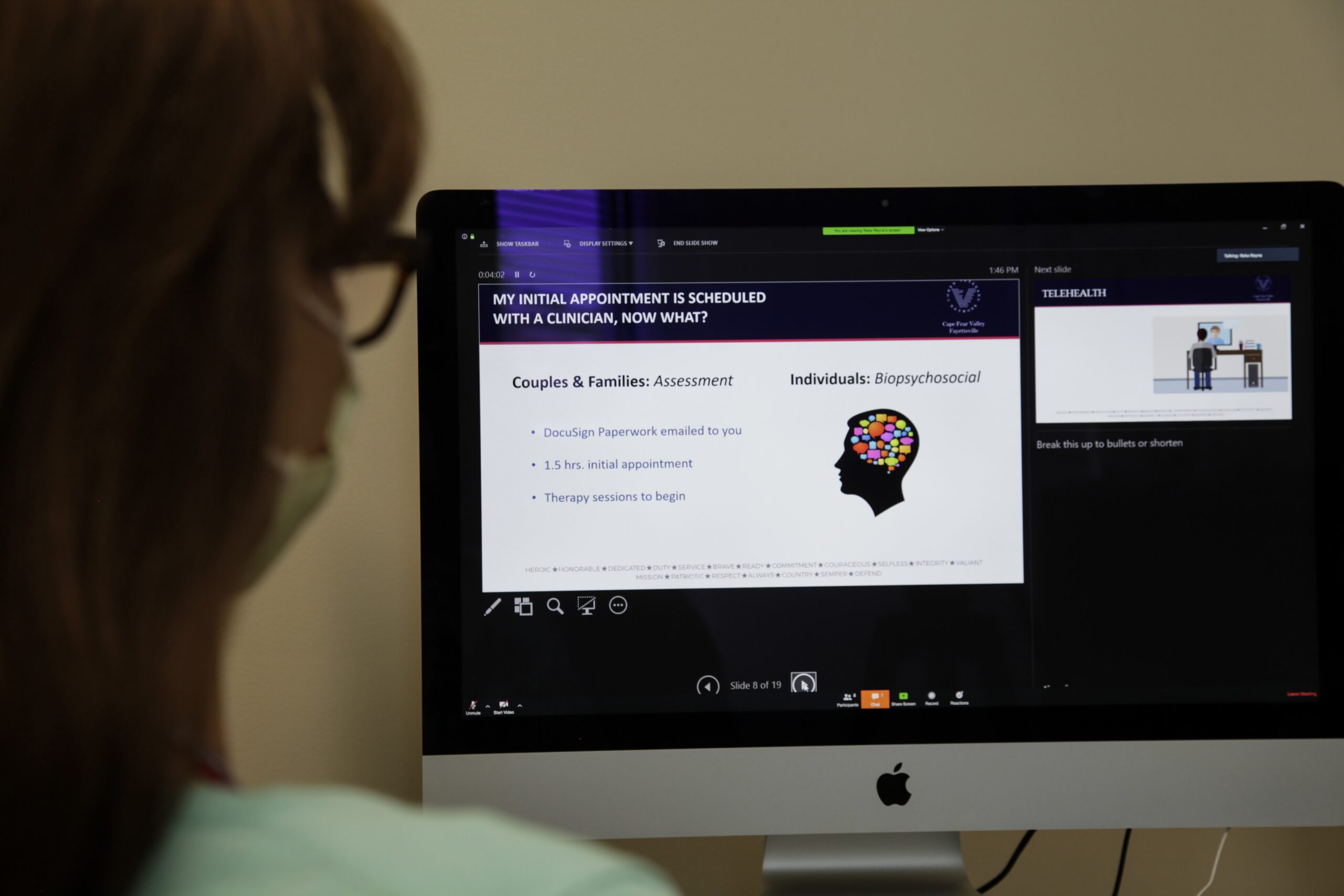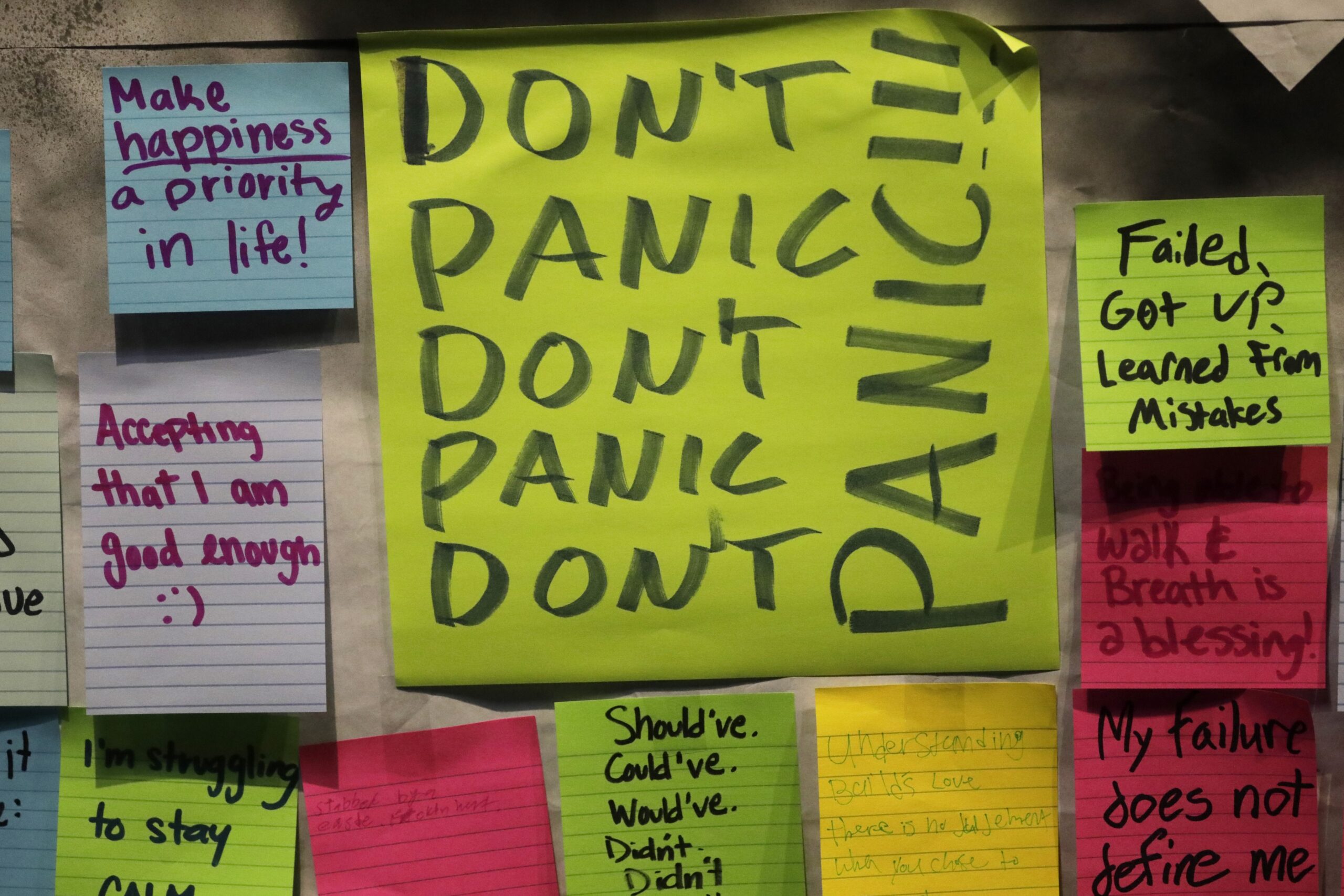Supporters of legislation to allow out-of-state mental health care providers to treat Wisconsin residents say they aren’t giving up on the effort despite a veto late last month by Gov. Tony Evers. But some mental health advocates say the state should be more focused on increasing community-based services.
The bill, which received bipartisan support, was one of many Evers vetoed recently after the Legislature wrapped up its regular session. It would have allowed a mental health care provider who lives and is credentialed in another state to provide telehealth services to patients in Wisconsin.
During the COVID-19 pandemic, Evers issued an executive order allowing out-of-state providers to see Wisconsinites using telehealth services. But in his veto message, the governor said allowing a permanent exemption to state licensing laws could leave residents with fewer protections if they receive poor quality or unethical treatment from a psychologist, therapist or other provider.
News with a little more humanity
WPR’s “Wisconsin Today” newsletter keeps you connected to the state you love without feeling overwhelmed. No paywall. No agenda. No corporate filter.
“I cannot support legislation that is likely to ultimately reduce healthcare quality and patient protections for Wisconsinites across our state,” Evers said in his letter to lawmakers.
The Institute for Reforming Government, a conservative advocacy group, was a primary supporter of the legislation. Chris Reader, executive vice president of the group, said the governor’s veto was disappointing after the bill received bipartisan support in the Legislature.
“There’s a real mental health crisis in Wisconsin. There’s not enough providers,” Reader said. “This is certainly not a silver bullet piece of legislation, but it was a way to just try and let people get help if they couldn’t otherwise find a provider in their home community.”
Reader said the state did not see problems with poor quality services when out-of-state providers were allowed to practice during the pandemic under Evers’ executive order. He said professionals would have to be in good standing in their home state, and the bill required out-of-state providers to notify the Wisconsin Department of Safety and Professional Services.
Reader said there has been momentum behind building up the number of mental health providers in Wisconsin. But he said those training efforts take time, while removing licensing barriers would immediately increase the number of providers.
“Ultimately, the goal here is to help the person who — right now, today, tomorrow — is having an emergency situation,” he said. “They’re looking for somebody who’s qualified, they don’t care where they are on the other end of the Zoom camera.”
Reader says his organization hopes to bring the bill back in the next legislative session.
Mental health advocate says ‘wild west’ of online therapy means oversight is still needed
The legislation was opposed by the Wisconsin Association of Family and Children’s Agencies and the state chapter of the National Association of Social Workers, two organizations advocating for mental health resources.
Mary Kay Battaglia, executive director of the National Alliance on Mental Illness Wisconsin, said her organization also opposed the bill. She said they have spent years promoting telehealth services, especially for rural communities. But she said the rapid growth in online services means not all providers have the same knowledge of local resources.
“Online therapy is a little bit of the wild, wild west. You don’t know who’s where, or who’s certified or licensed where,” she said. “We just want to make sure it’s good quality care, and that the people they’re talking to also understand how they would access crisis services if they were in a mental health crisis.”
Battaglia said the state recently joined an interstate compact to create a pathway for licensed professional counselors in other compact states to practice in Wisconsin, a process she said provides better oversight. The state already belongs to an interstate licensing compact for psychologists.
Instead of opening access to providers out of state, Battaglia said her organization would like to see more focus on improving local care.
“That’s what our goal is: to increase community services so that people don’t end up in a crisis service setting,” she said.
She believes that starts with expanding Medicaid eligibility and accepting the additional federal dollars that come with. Battaglia said that would allow more people to receive care through county-based providers and access wraparound services.
Wisconsin Public Radio, © Copyright 2025, Board of Regents of the University of Wisconsin System and Wisconsin Educational Communications Board.







